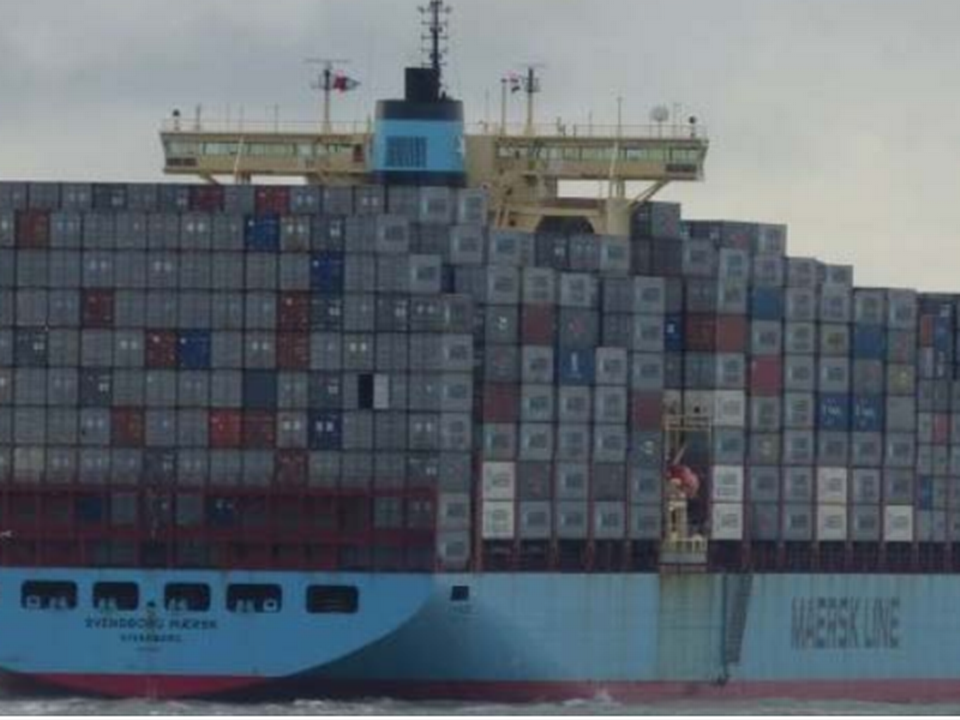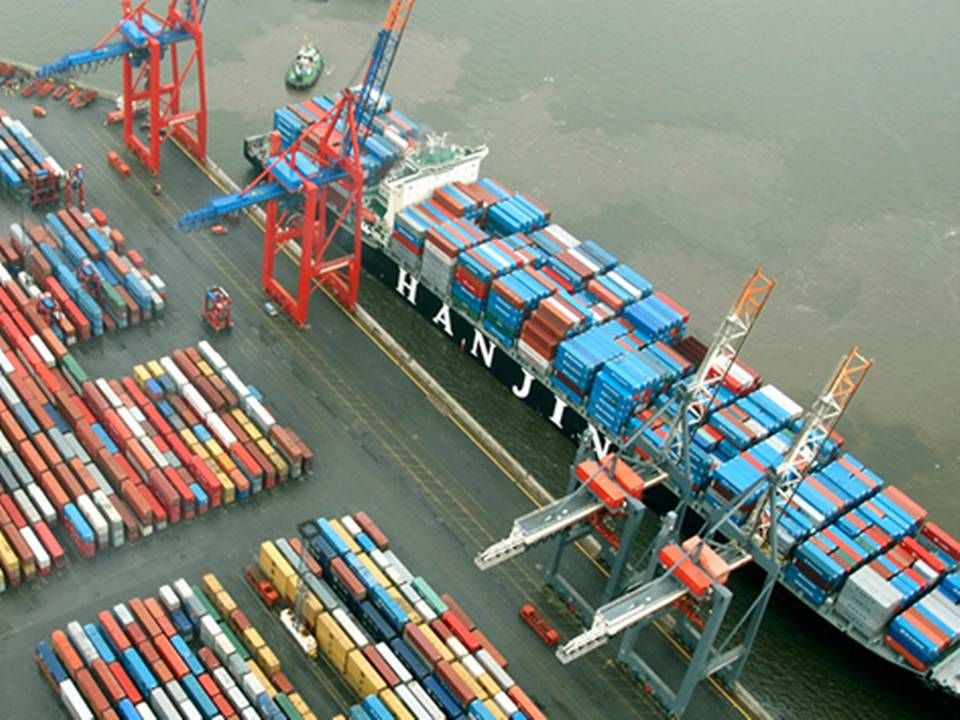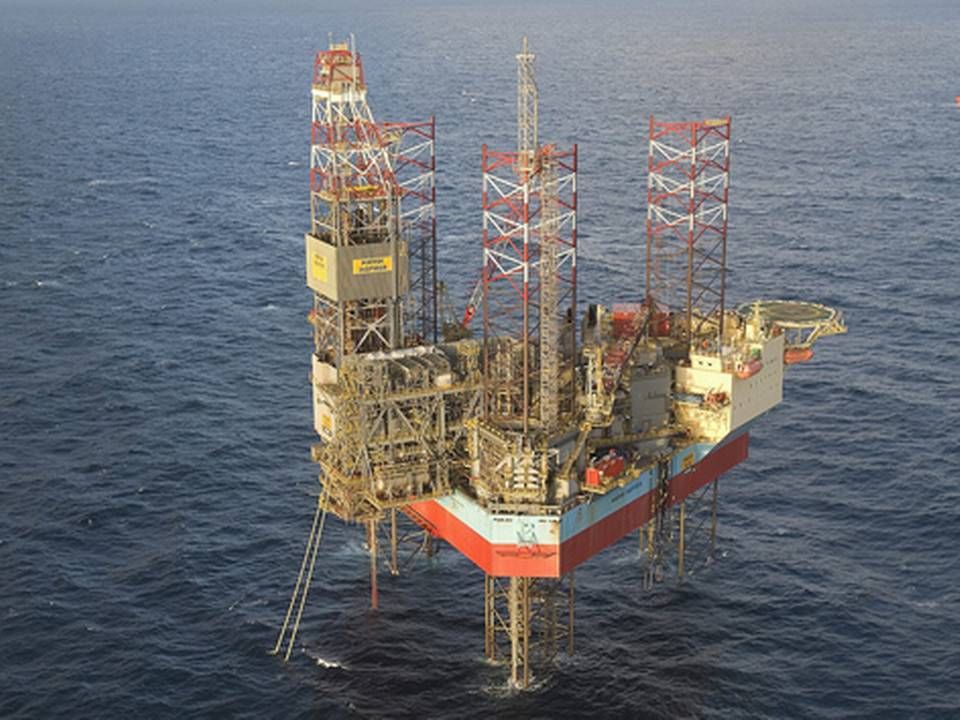Nordea: Maersk carriers save USD 2 billion on oil

While each day brings a new record low for the oil price and puts significant pressure on energy companies and subcontractors, the carriers - whose single biggest expense is bunker - stand to benefit from this development.
This applies to the Maersk Group as well, where, on the one hand, the earning potential of Maersk Oil and Maersk Drilling has changed dramatically in the past six months. On the other hand, carriers such as Maersk Line and Maersk Tankers stand to pay significantly less for bunker than they have in the past, a fact that could trigger annual savings of up to USD 2 billion, says Nordea in an analysis of the Maersk share.
The otherwise golden share has dropped 20 percent following the sliding oil price, but Nordea estimates that there are - in terms of the oil price as well as for the carriers - elements pointing in the opposite direction:
"Part of the lost earnings will, however, be compensated for through reduced oil exploration costs and an increased production share in Qatar. Furthermore, one should not forget that tax payment for the oil business is around 70 percent. The upside of this story is that the falling oil price brings major savings on fuel purchases for Maersk Line. At the current price, this could result in annual savings of around USD 2 billion compared to before the oil price dropped. However, customers must be expected to claim part of these savings," says Nordea in the analysis.
Customers stand to benefit
The bank projects that the Group's bottom line will come to a USD 4.5 billion profit when the Maersk Group publishes its annual report in February. And for investors, a declining price is not necessarily bad news for those looking to invest in Maersk, as the price is currently deemed low.
Drewry recently stated that customers stand to benefit the most from savings related to the low oil price, while carriers will face increasing difficulties negotiating their frequent general rate increases (GRI) with shippers, as the latter will expect carriers to pass a majority of the fuel savings on to customers.
This was the case most recently when a long line of carriers introduced surcharges in relation to the congestion and long waiting periods in ports on the US West Coast.
CEO and partner of SeaIntel Consulting, Lars Jensen, agrees that the benefits of an oil price below USD 50 are less than overwhelming for carriers, because it will likely encourage players in the industry to speed up their vessels as the financial incentive for slow steaming becomes increasingly meaningless.
SeaIntel: Farewell to slow steaming with oil price of USD 50
Related articles
Container customers benefit the most from low oil price
For subscribers
SeaIntel: Farewell to slow steaming with oil price of USD 50
For subscribers





















